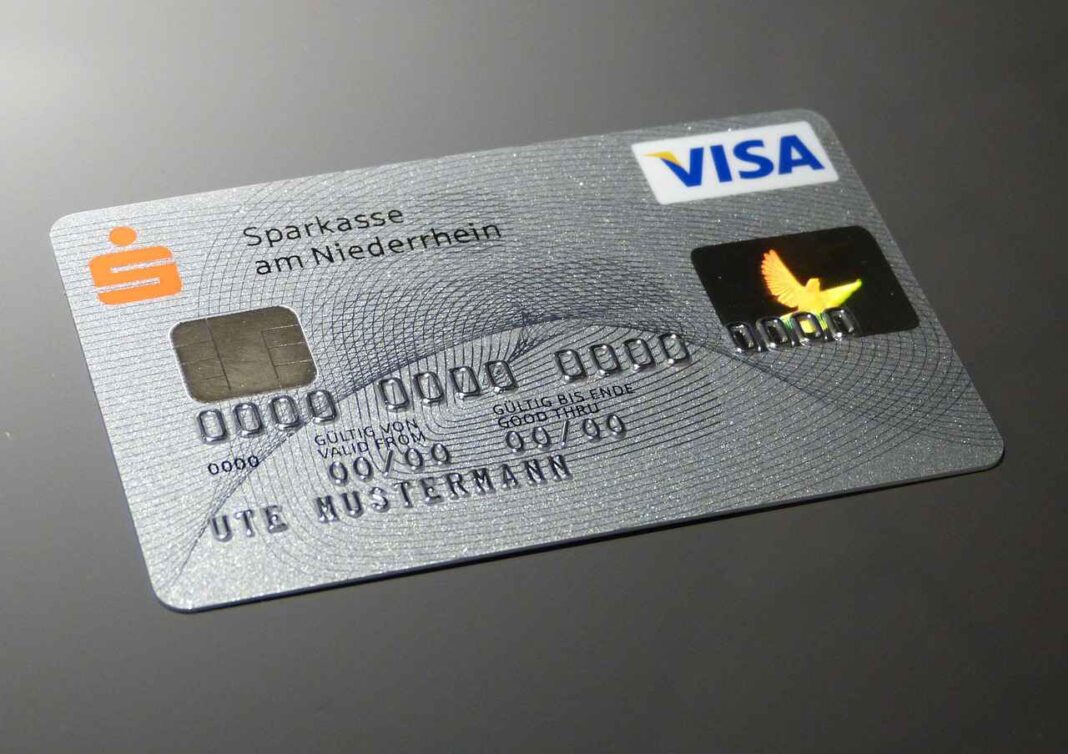Spending money on vacation is surprisingly easy, turning even the thriftiest among us into big spenders, as if money loses all value. This phenomenon really shines through when traveling, especially in popular tourist destinations.
During a recent two-week business trip to Europe, my partner and I stayed in 4-star hotels located in prime areas since we were hopping from country to country every few days. We tried to keep our dinner budget under $60 for two, which seemed reasonable given the relatively low cost of basic dishes like boiled beef, potatoes, pizza, pasta, and salads. Breakfast was included at our hotels, which helped keep our lunch expenses minimal.
However, the real test of our budgeting resolve began when we reached Paris. Our discipline started to waver when we were greeted with a complimentary bottle of champagne at our hotel. The luxury and excitement of Paris swept us away, and before we knew it, it was too late to go out for dinner. We ended up splurging on a $43 room service spaghetti bolognese, rationalizing the expense as a necessity due to the late hour.
The next morning, expecting another buffet breakfast and finding none, we were smoothly talked into an expensive breakfast of French toast and fresh juices, costing us about $50. This experience led us to adjust our food budget significantly for the rest of our stay in Paris, as everything was far pricier than in the other countries we had visited.
Another major expense was the French Open. Initially shocked by the high prices quoted by our hotel concierge, we tried to find cheaper scalped tickets but had no luck. This forced us to buy expensive last-minute tickets directly from the concierge at an even higher price than originally quoted, costing nearly $1,000 for two tickets—a steep “foreign visitor’s tax,” I rationalized.
Reflecting on why I spent so much more freely while vacationing, I realized several factors at play:
1. Rare Opportunity: Since I aim to visit a new country every year, the likelihood of returning to the same place soon is low. This creates a ‘now or never’ spending mentality.
2. Business Expenses: As these trips are often tied to my business, I can deduct many of the expenses, reducing the overall cost by about 30% thanks to tax deductions.
3. Social Proof and Pressure: Traveling exposes me to social judgments about being too frugal, prompting me to spend more just to prove a point.
4. Emotional Spending: The excitement of new experiences and the luxury of the settings can lead to “emotional spending” where I justify expenses as once-in-a-lifetime indulgences.
To control vacation spending, I’ve learned to set a detailed budget in Excel, withdraw a set amount of cash for daily expenses, and look for local dining and entertainment options instead of the typical tourist traps. Planning meals and activities in advance also helps avoid impulsive purchases.
Ultimately, vacation spending is about balance—enjoying the moment without compromising financial sense. Adjusting spending habits and planning can make a big difference in managing the financial impact of travel.











































